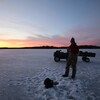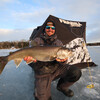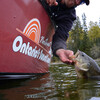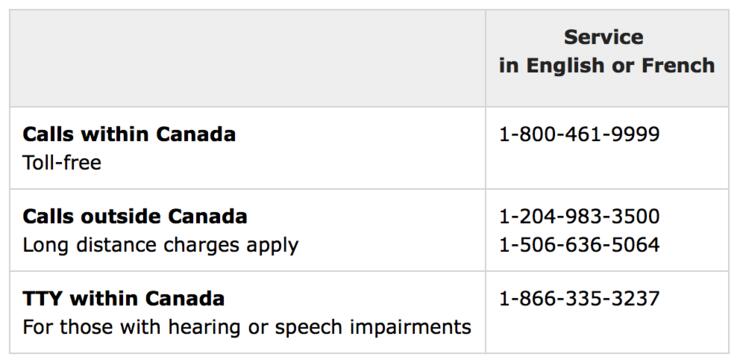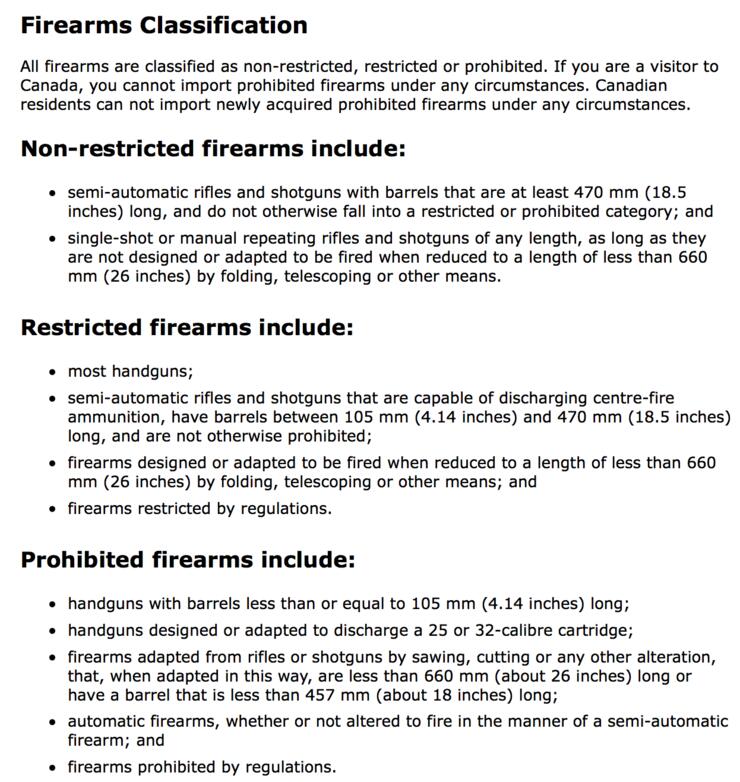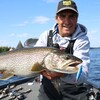
Canadian Border Crossing Information
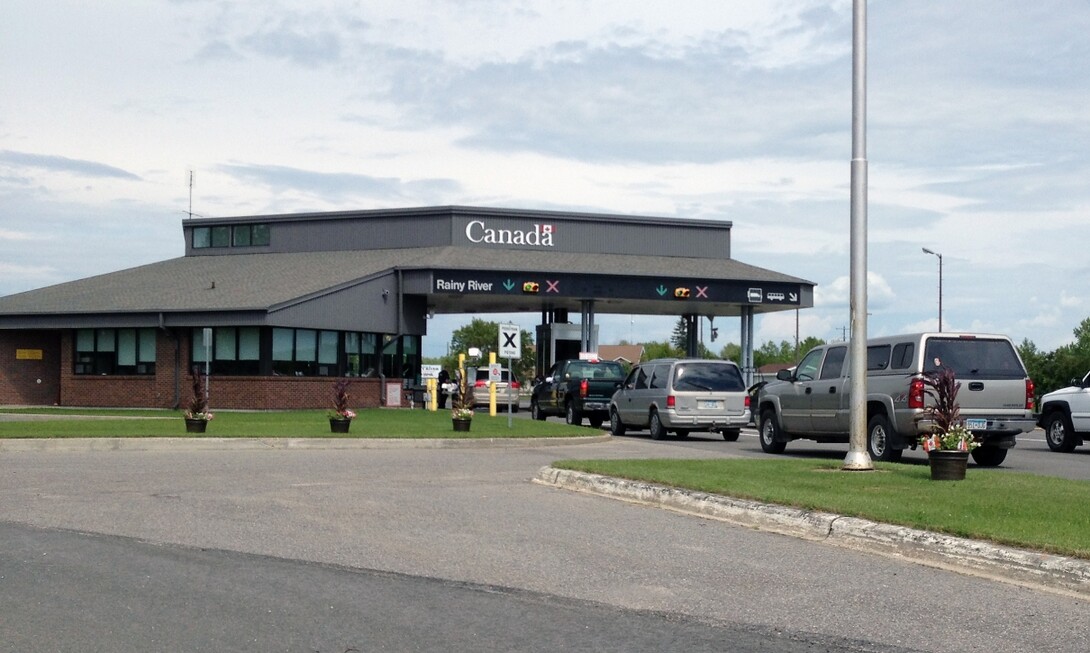
For many people, crossing the border is as much a part of their regular routine as commuting on the freeway. Every day, thousands of people cross into the neighbouring nations for business and leisure. If it's your first time travelling to Canada, whether by land, lake, or air, it's important to know the proper procedures that must be taken before you start your journey.
Contact Border Information Services
What to Expect when Crossing the Border
When traveling into Canada, no matter where you choose to cross the border, it is required by law that you present yourself to an official Canada Border Services Agency (CBSA) officer in order to receive clearance to enter the country. Travelers who decide to come to Sunset Country for a hunting or fishing vacation are often driving as they may have a fair amount of equipment that they wish to bring (e.g., fishing gear, guns, boats, etc.). Upon arriving at one of the designated CBSA checkpoints, have your identification in hand (a passport or passport card) and ready to present to the on-duty officer and declare any commodities that you may be carrying with you.
Follow the link below for additional information on crossing the border - including traveling via air or boat.
Traveling Across the Border
Importing Goods Into Canada
When Crossing the Border from the U.S. into Canada, whether it's your first time or 50th, it's important to inform the on-duty CBSA Officer of any commodities that you are bringing into the country. Remaining truthful in your statements is a requirement by law under the government of Canada, and it is also required that you declare any food, plant, or animal products that you may have at the time of crossing.
Boating
For Non-Canadian Residents
There are no special requirements needed for importing or operating your boat in Canada. There are boating competency laws in Canada that will only take effect if you're planning on operating your boat for more than 45 consecutive days.

Arriving by boat
If you're arriving by boat, please be aware that you are required to inform a CBSA officer of your presence in Canada similar to if you were traveling via land or air. To contact the CBSA for clearance, head to any designated marine telephone site and call the telephone reporting centre at 1-888-226-7277.
Additional Information on Boating in Canada
Firearms
What kind of firearms can I bring into Canada?
There are specific laws set in place by the Government of Canada regarding firearms in order to keep our Country, its patrons, and visitors safe from harm. There are different classifications for the types of firearms.
You must follow the proper procedures in order to cross the border while you're in possession of a firearm - these procedures include proper storage and handling of the firearm(s) and ammunition as well as ensuring that you have all of your documentation (any certificate of ownership, registration, licenses) ready to present to the CBSA officer upon arrival.
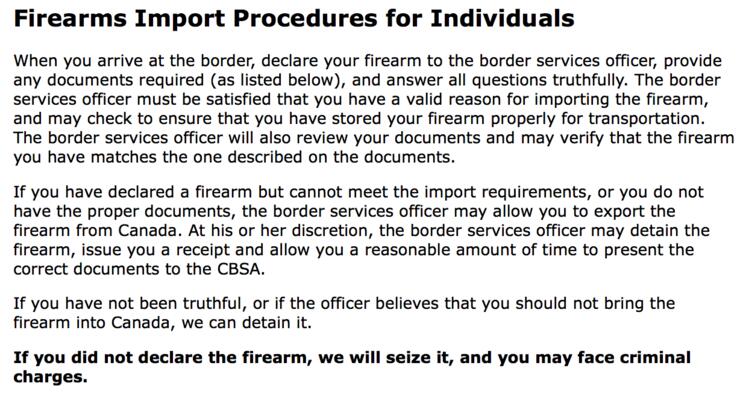
Firearm Import Regulations
Currency
If you are traveling to Canada, you can have up to $10,000 Canadian when you're crossing the border without having to declare. Anything above $10,000 Canadian must be declared to the on-duty CBSA officer at the time of crossing.
Please note that the ability to seize money or goods remains at the discretion of the on-duty CBSA officer. If you are carrying (have the physical tender with you - including travel cheques and foreign/domestic bonds) large sums of cash (even if it's under $10,000 Canadian dollars) it is advised that you carry a bank receipt in the event that the CBSA officer asks for proof of the origin of the money.
If the CBSA officer is not satisfied with your declaration, you fail to provide proof of the origin of large sums of cash, or do not declare moneys over $10,000 Canadian, you could be at risk to have your money seized. In the case of seizure of funds or goods, failing to provide sufficient evidence of its origin, proof of ownership, or failing to pay a fine will result in the permanent loss of the goods or funds and in extreme cases can lead to prosecution.
Remaining completely truthful regarding money or imported goods while crossing is always the best policy and will streamline your vacation to Sunset Country
Important notice regarding Currency Exchange:
Please be aware that the rate at which U.S. / Canadian currency converts in constantly fluctuating.
Currently, the U.S dollar is worth more than the Canadian Dollar. This means that if you need to be conscious of conversion rates especially if you're carrying physical U.S. currency.
The threshold for the limit of how much money you're able to carry across the border is calculated in Canadian Dollars, not American.
Follow the link below to find out how much your dollar is worth in Canadian Currency.
Bank of Canada Official Currency Exchange Converter
Identification Requirements for U.S. Visitors and Non-Residents Travelling to Canada
Visitors to Canada
Identification requirements for U.S. Citizens and permanent residents
If you are a citizen of the United States - You must ensure that you are carrying proof of your citizenship at the time of crossing. Identification can come in the form of a passport, birth certificate, certificate of citizenship, or certificate of Indian Status combined with another form of photo identification.
It is recommended by the CBSA that whether you’re traveling via air, land, or water you carry a valid passport as it is the only universally accepted identification document.
Identification Requirements for Entering Canada
Criminality and Prohibitions for Entering Canada
Important Note: Please be aware that this is only a guide and not definitive for determining admittance into Canada.
If you have ever been convicted of a crime: There are several factors that may influence whether or not you're able to enter Canada. These factors include but are not limited to: the severity of the offense and the time that has passed since the offense occurred. All factors regarding criminal convictions remain at the discretion of the CBSA officer in accordance with Canadian Law.
Please be aware that any offense, including misdemeanors such as DUI convictions, can make you criminally inadmissible to Canada. Make sure that before planning your trip to Sunset Country that you sort out the details of any criminal offenses you've incurred so that you will be able to enter the Country
Follow the links below to determine your eligibility for crossing the border as well as to view steps you can take to expunge certain criminal convictions.
Determine your Eligibility
Overcoming Criminal Convictions
Persons who are inadmissible due to previous criminal activity can apply to the CIC's Rehabilitation Program in order to obtain temporary or permanent admittance into Canada
Canadian Travellers Returning Home
The procedure for crossing the border is relatively similar if you're a Canadian citizen returning from a holiday in the United States. If you did any personal shopping, the amount of goods and merchandise that you're allowed to bring back is dependent on the length of time that you've spent across the border.
Likewise, you're responsible to claim any currency that you've accumulated on your trip (winnings from a lottery, for example) or withdrawals or leftover funds (if the currency exceeds $10,000 Canadian Dollars) and are obligated to inform the CBSA officer of any tobacco, alcohol or food products that you may be carrying. Furthermore, Canadian residents are unable to import prohibited firearms that were newly acquired during their visit to the United States.
Additional Resources
- Border Wait Times
- Border Reminder Checklist
- Additional Information on the U.S. - Canada Border Crossing
All information acquired from Canada Border Services Agency (CBSA)
Like Sunset Country on Facebook for updates and information on traveling to Canada
Recommended Articles
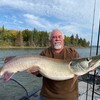
Is the 1,400 Kilometre Drive to Northwest Ontario For a Fishing Trip Worth it?

8 must-see waterfalls

6 Ways to Get Your 10,000 Steps This Fall

Top 5 Reasons You Should Be Fishing in Morson, Ontario

Discover The Winnipeg River

Enjoy Sunset Country's Fall Colours on Your Next Road Trip

Fishing in the Fall?

6 Reasons to Book a Fall Vacation to Sunset Country
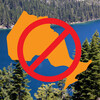
10 Reasons to Avoid Ontario’s Sunset Country

Heading Across Canada?

A Guide to Sunset Country Museums

The Promised Land: Best Muskie Fishing in Ontario
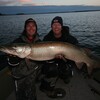
Fall Fishing Tips
5 Essential Boreal Experiences in Ontario's Sunset Country

5 Obscure Facts About Northwestern Ontario: Were You Aware of These?

Great Food in Relatively Unknown Places
Outdoor Medicine

A Guide to Bringing Your Pets on Vacation to Canada
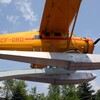
There's more than just fishing in the Red Lake Region

5 Amazing Sights You Can Only See By Boat
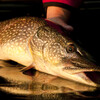
Going Fishing in Canada?

Going fishing in Ontario?

Outdoor Adventure in Ontario's Northern Paradise
Planning A Family Fishing Trip to Canada
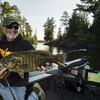
Tips from a Fishing Legend




